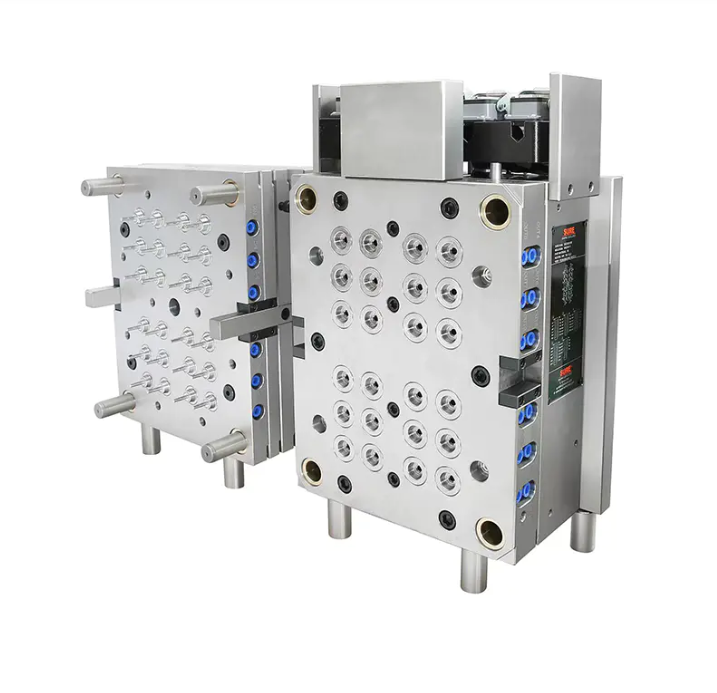In the evolving landscape of packaging, manufacturers are under increasing pressure to balance regulatory compliance, product safety, and sustainable practices. The Cap Compression Moulding Machine has become an essential technology that not only enhances production efficiency but also adapts to changing material requirements and strict industry standards. By integrating advanced design, precise control, and intelligent monitoring, it supports the production of closures that meet hygiene, safety, and environmental expectations across sectors such as food, beverages, and pharmaceuticals.

One of the defining features of industries such as food and pharmaceuticals is the presence of strict regulatory frameworks. Closures are not merely functional elements; they are critical to ensuring product safety and consumer trust. The ability of compression moulding technology to deliver consistent sealing quality, minimize contamination risks, and meet cleanliness standards makes it highly suited for these sectors. Automated production environments supported by this equipment reduce human contact with products, thereby supporting sterile packaging conditions demanded in pharmaceutical and high-care food facilities.
Automated inspection systems are equally vital in maintaining high compliance levels. By incorporating vision technology and sensor-based detection, these systems verify the integrity of each closure in real time, identifying deviations such as torque inconsistency, surface defects, or alignment errors. This minimizes defective outputs and prevents non-compliant products from reaching the market. Such precision in quality assurance aligns directly with regulatory requirements that demand uniformity, traceability, and contamination-free packaging.
In parallel with regulatory considerations, materials science is introducing new dynamics into closure production. The shift toward hybrid molding—combining conventional plastics with bio-based resins or recycled polymers—is influencing how equipment is designed and operated. A Cap Compression Moulding Machine must now accommodate variations in melt flow, cooling behavior, and material shrinkage that differ from traditional plastics. Control systems require enhanced flexibility to adapt torque, temperature, and pressure in order to maintain closure consistency while supporting environmental initiatives.
The use of bio-based resins, for example, aligns with global efforts to reduce reliance on fossil resources. However, these materials often behave differently during the compression process. Advanced control platforms within modern machines enable manufacturers to adjust processing parameters quickly, ensuring both product integrity and efficient resource utilization. This adaptability makes the technology suitable for facilities aiming to introduce greener materials without sacrificing operational reliability.
Beyond material adaptation, hygienic design and contamination control remain essential. Compression moulding provides a closed and controlled production pathway, which supports compliance with cleanroom standards. The smooth transfer of resin into molds, coupled with reduced thermal degradation, contributes to closures that are not only structurally sound but also meet the stringent safety and sanitation expectations of sensitive industries.
As industries continue to emphasize both sustainability and compliance, the need for equipment that combines flexibility with reliability becomes clear. The integration of advanced monitoring, intelligent adjustment systems, and materials compatibility ensures that manufacturers can meet evolving safety standards while embracing alternative feedstocks. This balance helps companies achieve both regulatory alignment and environmental responsibility in competitive markets.
At the forefront of these innovations, Chuangzhen Machinery provides advanced Cap Compression Moulding Machines designed to support precise control, hygienic production, and sustainable material integration. With expertise in engineering high-performance solutions, the company enables manufacturers to enhance efficiency, reduce waste, and comply with global safety standards while preparing for the future of packaging.




 中文简体
中文简体 русский
русский Español
Español عربى
عربى
